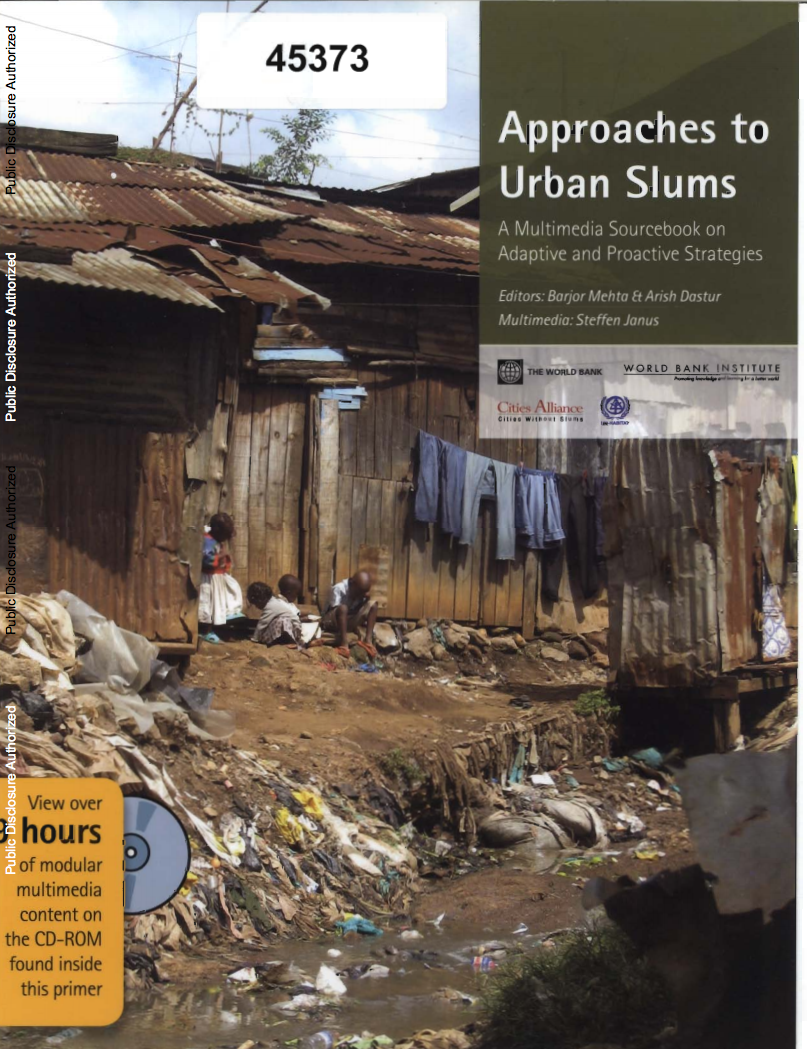Assessment of the Risk of Amazon Dieback
The Amazon basin is a key component of
the global carbon cycle. The old-growth rainforests in the
basin represent storage of ~ 120 petagrams of carbon (Pg C)
in their biomass. Annually, these tropical forests process
approximately 18 Pg C through respiration and
photosynthesis. This is more than twice the rate of global
anthropogenic fossil fuel emissions. The basin is also the
largest global repository of biodiversity and produces about


